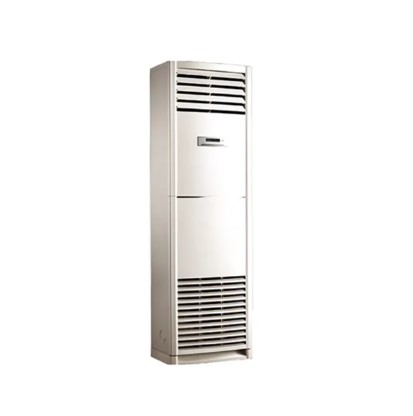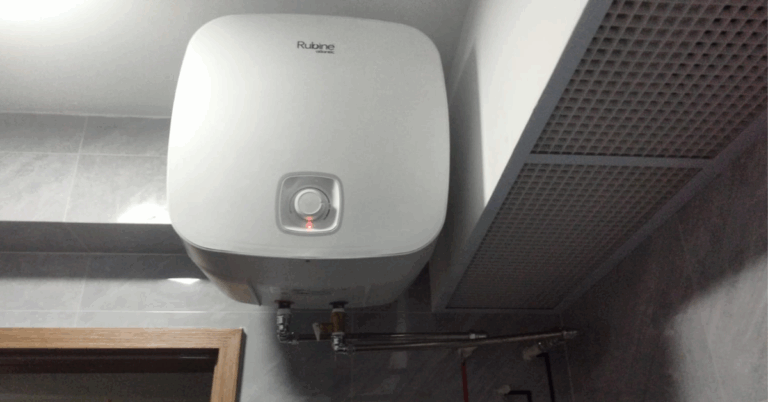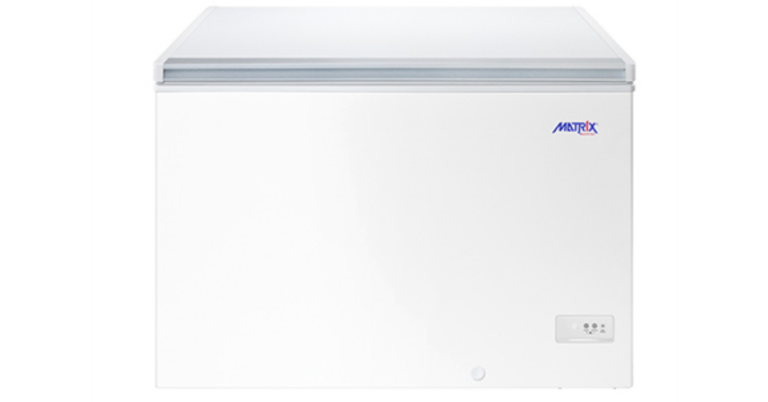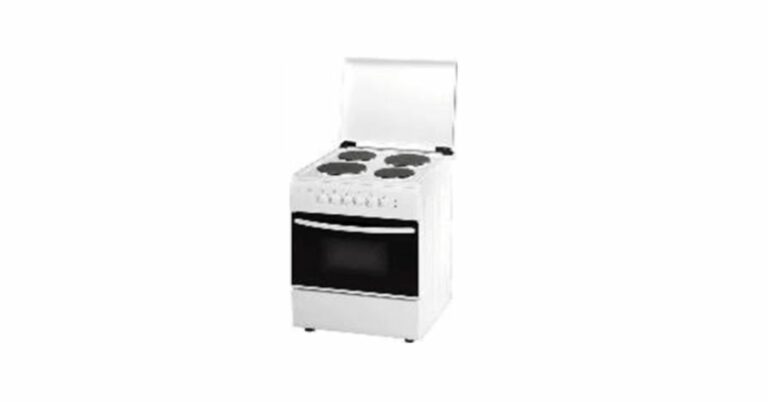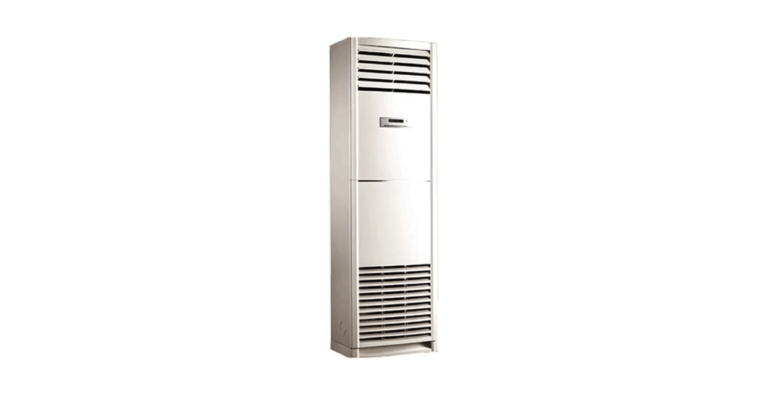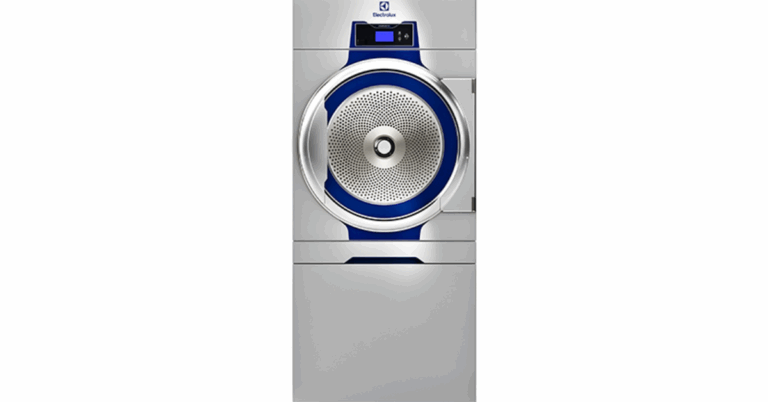The Ultimate Guide to Choosing a Chest Freezer 60Hz for Marine and Cruise Ship Use
When it comes to marine and cruise ship operations, reliable refrigeration is not a luxury—it’s a necessity. Among the most vital appliances in this setting is the Chest Freezer 60Hz a solution specifically designed to withstand the demanding environment at sea while preserving perishable goods for extended periods. These units are tailored to meet the needs of professionals who require durability, performance, and consistent cooling in 60Hz electrical systems, which are standard in many maritime regions.
Whether you’re outfitting a commercial vessel or maintaining a cruise ship’s onboard kitchen, the right freezer ensures food safety, minimizes waste, and supports seamless operations. This article will delve into the key benefits, features, and considerations when selecting a Chest Freezer 60Hz, especially for marine applications.
Why a Chest Freezer Is Essential for Marine Environments
Vessels such as fishing boats, cargo ships, and cruise liners often spend weeks or months at sea, where access to fresh supplies is limited. In such scenarios, chest freezers serve as critical storage solutions. They offer:
-
Extended Preservation: High-capacity chest freezers help store large quantities of meat, seafood, vegetables, and dairy products, ensuring that supplies remain fresh.
-
Temperature Stability: The chest design allows cold air to stay inside even when the lid is opened, maintaining a consistent temperature.
-
Energy Efficiency: Chest freezers tend to use less energy than upright models because they retain cold air better.
-
Durability in Harsh Conditions: Marine chest freezers are built to handle rough conditions, including saltwater exposure, constant motion, and high humidity.
The Chest Freezer 60Hz is engineered to function optimally in these environments, offering the right frequency and voltage for shipboard power systems.
Key Features to Look for in a Chest Freezer 60Hz
When selecting a marine chest freezer, certain features can make a significant difference in performance and longevity. Here are the top factors to consider:
1. Frequency Compatibility (60Hz)
Electrical compatibility is paramount. Ships using a 60Hz power system must choose appliances that match this frequency. Operating a 50Hz appliance on a 60Hz circuit can cause overheating, reduced lifespan, or even complete failure. Choosing a Chest Freezer 60Hz ensures your unit runs efficiently without electrical issues.
2. Voltage Requirements
Many marine electrical systems run on 220V or 240V. Always verify the voltage compatibility of the freezer you’re considering to prevent damage to the appliance and potential safety hazards.
3. Corrosion-Resistant Materials
Marine environments are known for their corrosive conditions due to salt air and moisture. Stainless steel interiors, rust-proof exteriors, and sealed electrical components are essential to ensure long-term durability.
4. Shock and Vibration Resistance
Onboard movement, waves, and vibrations can compromise the performance of standard freezers. A marine-grade chest freezer is built to withstand such conditions, with reinforced insulation, shock-absorbing components, and strong seals.
5. Efficient Cooling System
Look for models that utilize efficient compressors and eco-friendly refrigerants. Advanced insulation technology also helps reduce energy consumption, which is a crucial factor on vessels with limited power supply.
Benefits of Choosing a Chest Freezer 60Hz for Cruise Ships
Cruise ships require extensive food storage capacity to cater to thousands of guests and staff over long journeys. A chest freezer optimized for 60Hz systems offers numerous benefits:
-
Large Storage Capacity: Cruise ship kitchens can store large amounts of frozen food, reducing the need for frequent resupply.
-
Reliable Operation: Units specifically designed for 60Hz systems function without electrical interference, leading to fewer breakdowns and maintenance issues.
-
Compact Footprint: Despite their volume, chest freezers are space-efficient, making them ideal for the tight storage areas aboard a ship.
-
Temperature Accuracy: Advanced thermostats and digital controls allow precise temperature management, critical for food safety.
In large kitchens or galley operations, every appliance must be dependable. Investing in a Chest Freezer 60Hz ensures long-term reliability and consistent cooling performance.
Applications Beyond Cruise Ships
While cruise ships are a major use case, chest freezers designed for 60Hz systems are also perfect for:
-
Fishing Vessels: To store freshly caught fish for transport and processing.
-
Cargo Ships: For crews on long voyages requiring preserved food and supplies.
-
Oil Rigs and Offshore Platforms: Locations where resupply is infrequent and robust appliances are necessary.
-
Remote Research Stations: Freezers that can operate reliably in isolated and demanding conditions.
These applications all benefit from the reliability and performance offered by marine-grade chest freezers.
Maintenance Tips for Long-Term Use
A high-quality Chest Freezer 60Hz can last many years if properly maintained. Here are a few maintenance tips to get the most from your investment:
-
Defrost Regularly: Prevent ice build-up, which can reduce efficiency and storage space.
-
Clean the Coils: Dust and grime on condenser coils can hinder performance. On ships, salt buildup can be especially harmful.
-
Inspect Seals: Ensure the lid seals tightly to prevent air leaks and temperature fluctuations.
-
Check Voltage Stability: Install voltage regulators or surge protectors to shield the appliance from power fluctuations common on ships.
-
Use Proper Ventilation: Allow adequate space around the freezer for air circulation and heat dissipation.
By following these simple guidelines, you can extend the life of your chest freezer and ensure it operates smoothly during long sea voyages.
Final Thoughts
Choosing the right Chest Freezer 60Hz is a decision that impacts food safety, operational efficiency, and cost savings aboard marine vessels. Whether you’re managing a cruise ship galley or a commercial fishing operation, investing in a freezer designed for marine environments will provide peace of mind and reliable performance.


